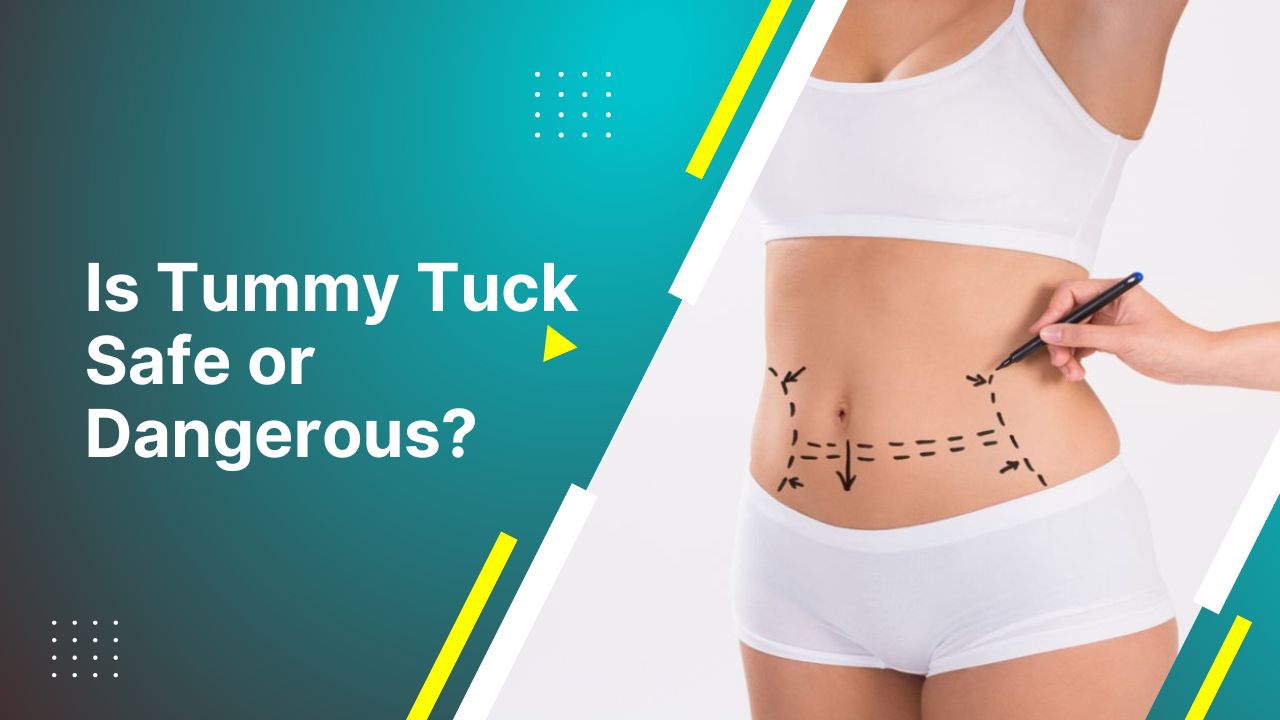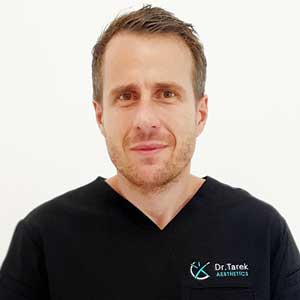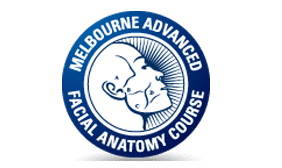Many procedures exist to contour the body and solve fat deposits and loose skin. One of them is a tummy tuck (abdominoplasty), and now you’re looking into whether it is dangerous or not. Getting your information from accredited surgeons with vast experience like Dr. Tarek is essential.
Keep reading to have your doubts answered about the safety of a tummy tuck.
How safe is a tummy tuck?
The tummy tuck is among the ten most sought-after surgeries. Since their conception in the 1800s, the techniques used in performing abdominoplasties have greatly evolved. From the sterilization techniques of tools to the mechanization of equipment, safety is almost guaranteed during and after surgery.
Tummy tucks are safe procedures with a mortality rate of 1:10-13000, according to the National Library of Medicine. It is rare for patients to experience complications during and after surgery. The procedure’s safety allows patients to combine it with other aesthetic surgeries discussed in this article.
Book A Consultation With Dr Tarek Bayazid
Top-rated Plastic Surgeon For Tummy Tuck in Dubai
Are tummy tucks dangerous?
As with other surgeries, tummy tucks do not exist without dangers. They are often due to inadequate research, undiagnosed medical conditions, or improper care. Chances of complications arise when tummy tucks are combined with other procedures such as breast augmentation.
Luckily, Dr. Tarek has over fifteen years of experience in abdominoplasty. He is well versed in potential dangers and can properly mitigate them, putting your mind at ease. He will guide you through the steps to prepare for a tummy tuck surgery.
What are the risks of tummy tuck surgery?
Knowledge about the potential dangers of surgery is a crucial step in your research about tummy tucks. These are some of the complications you should be informed about:
Reaction to anesthesia
Anesthesia is a combination of medicines meant to render you unconscious. Your body may have an adverse reaction called malignant hyperthermia to any of these medicines. Your body temperature rises, and you may experience muscle spasms during surgery.
Hemorrhage
Hemorrhages happen when your body cannot clot blood after a blood vessel is cut. Your surgeon handles checking for uncontrolled bleeding to prevent excessive blood loss.
Site infection
Inadequate sterilization of the surgical tools and facility can cause incision infection. This complication leads to additional costs, extended hospital stays, and possible re-operation.
Blood clot
Your body tries to heal the cut blood vessels during surgery by clotting blood. Your body naturally breaks these clots down on its own. On rare occasions, your body fails to do so, and the blood clot risks traveling through your circulatory system. Blood clots can be fatal if left untreated because they block passages to the heart and brain.
Are you looking for a thought-provoking and engaging read? Look no further! Our latest article delves into the topic of Rhinoplasty fillers and is sure to spark your curiosity and leave you wanting more.
What can I do to minimize the risks of a tummy tuck surgery?
Above all, it is crucial to know whether a tummy tuck is right for you. You can take these additional steps to mitigate risks during and after surgery:
- Prior medical evaluation
- Disclose the medication you’re taking.
- Get control of your blood pressure.
- Avoid alcohol and smoking.
Prior medical evaluation
A medical evaluation is your best bet at recognizing potential risks during surgery. Your doctor will check the state of your heart and lungs. Your heart should be able to pump blood, and your lungs should be strong enough to support breathing during the surgery. The doctor will also conduct provocation tests to see if you’re allergic to any medicine in anesthesia.
Disclose the medication you’re taking
During a consultation, let your surgeon know about any drugs you take. Some drugs, such as aspirin, thin the blood posing risks of excessive blood loss during and after surgery. Your surgeon will advise you to stop your intake of drugs a week or so before surgery.
Get control of your blood pressure
High blood pressure is a common reason for postponing surgery. It is difficult for anesthesiologists to predict and control hypertension during surgery, putting you at risk. Talk to your doctor about medication for hypertension medication or how to control it without medication.
Avoid alcohol and smoking
Alcohol thins your blood by preventing cells from binding during clotting. Nicotine constricts your blood vessels, reducing blood flow and oxygen to organs. You should stop consumption of both these drugs altogether two months before surgery.
Conclusion
Your pursuit of a contoured body should be free from complications. We look to equip you with knowledge of how to make that happen. Honesty with your surgeon during the consultation will put you out of harm’s way during surgery. At Dr. Tarek Aesthetics, you’ll be confident that we put your safety above everything. Visit our tummy tuck gallery for real-life results of patients who got their dream bodies.
Book a consultation today with the best surgeon for a tummy tuck in Dubai to discuss the risks and costs of a tummy tuck. Dr. Tarek is a standing member of the American Society of Plastic Surgeons (ASPS), the International Society of Aesthetic Plastic Surgery (ISAPS), the Emirates Plastic Surgery Society (EPSS), and the Melbourne Advanced Facial Anatomy Course (MAFAC)








Related Posts